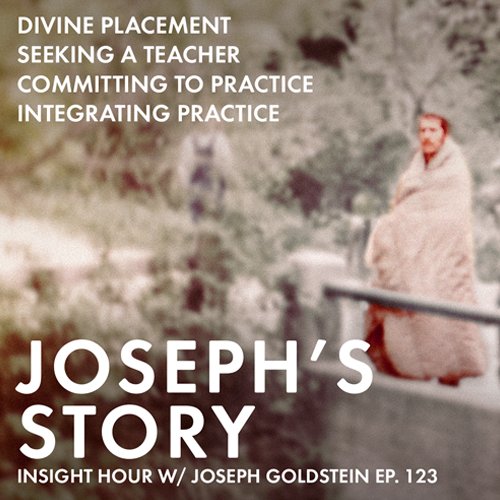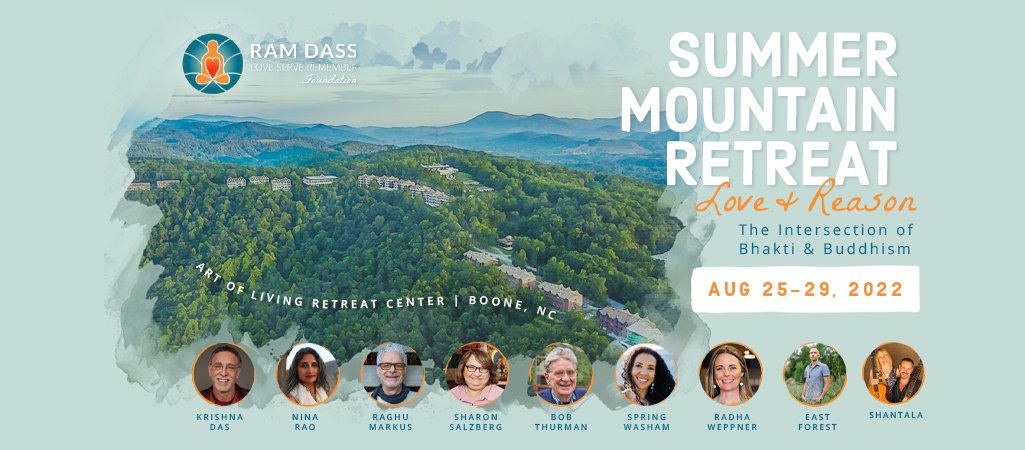
In this talk from 1978 at The Insight Meditation Society, Joseph Goldstein takes us on a comically honest exploration of his spiritual awakening and commitment to practice.
Divine Placement
We begin by learning about Joseph Goldstein’s adventures in the Peace Corps. He wanted to go to East Africa, but was divinely placed in Thailand. Here, he experienced meditation for the first time. At a temple near his teaching assignment, several western monks held discussions on mindfulness. He began attending these discussions for philosophical inquiry, but instead learned to quiet his mind and try meditation.
“I was totally fascinated by the whole process. It was the first time that I had, in any systematic way, sat down and tried to look at my mind, tried to concentrate it. It really aroused tremendous interest and fascination in me.” – Joseph Goldstein
Seeking A Teacher (14:00)
Learning about meditation and mindfulness without a formal teacher can sometimes be overwhelming. It is helpful to have a guide to navigate all of the energies that arise when we first start to awaken. When Joseph finished his Peace Corps assignment he planned to stay in the United States. However, he found himself longing for a teacher. He returned to Asia, stopping in India first. When he did not find what he sought, he thought he might just take acid and sit under a bodhi tree. However, by another divine push, he found Munindra, a teacher of vipassana. He ended up staying in India and deep-diving into his practice.
“I never did take that acid trip, because once i got into practice that’s all i wanted to do.” – Joseph Goldstein
To hear more about the importance of teachers, check out Ep. 71 of Ethan Nichtern’s The Road Home: Finding a Teacher, Becoming a Teacher.
Committing to Practice (23:21)
Having a commitment to continue to practice is what makes you truly develop your mindfulness skills. Looking at yourself without judgment if you fall asleep, accepting that your mind may veer off, and continuing to show up and practice, are really integral. Joseph shares the ways that keeping up with a meditation practice can both nurture and protect you.
“The more practice you do and the more you open up to the dharma in your life (that is a commitment to being mindful, to being honest, to being aware), the forces of dharma, the forces of truth, act as a great protection. Which doesn’t mean that you no longer go through difficulties, but that you learn from the difficulties. Instead of wallowing in it and drowning in them, there is a real sense of opening and exploration. There is a tremendous protection in that sense that the dharma affords.” – Joseph Goldstein
Integrating Practice (46:20)
When Joseph finally returned from Asia, he had difficulty adjusting to ‘normal’ life. Have you ever experienced this type of come-down after an intensive retreat, festival, or other spiritual journey? Meditation offers us a quieting of the mind, and when we return to a bustling society it can be depressing and overwhelming. Joseph says we should not expect to understand it all in one day. In time, we will be able to transition and figure out how to incorporate our practice into our day-to-day lives.

